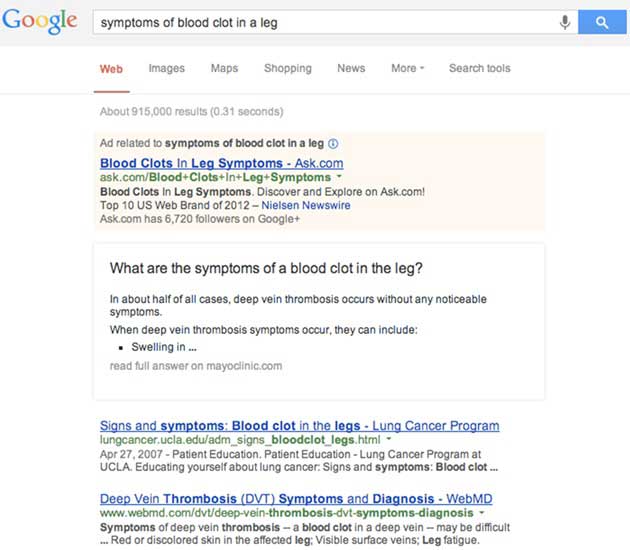Google Hummingbird: should publishers be concerned?
14 Oct, 13 | by BMJ
Last month, on the eve of its fifteenth birthday, Google revealed its first brand new search engine algorithm since 2001; Hummingbird.
Unsurprising, Google has not given away any specific details but it has revealed that Hummingbird is focused on ranking information based on a more intelligent understanding of search requests. As online data volumes increase, we are expected to type more and more words into Google Search to achieve greater accuracy of results. Often we are required to conduct multiple searches to find the correct information, which can be a frustrating and protracted process.
The reason for this inefficiency is that the Search results we currently receive reflect the matching combination of key words that a search phrase contains, rather than the true meaning of the sentence itself. Search results produced by Hummingbird, however, will reflect the full semantic meaning of longer search phrases, and should in theory produce more accurate results.

Beyond keywords for SEO
Keywords aren’t going away as a result of Hummingbird but Google is attempting to better determine search intent behind a query. Relationships between concepts are becoming more important, instead of the simple matching of a result to a keyword.
Google has acknowledged that the number of mobile and voice-based searches is increasing. Such voice searches are in natural language, and may not therefore contain the keywords we might finesse on a computer keyboard. These ‘on the fly’ searches are likely to return poor results using a keyword search system.
Engineers at Google envisage a semantic search future where search results become conversational rather than based on a single result for a single query. That means the search engine will need to understand complex relationships between different concepts based on every word in the query.
More of the Knowledge Graph
The Hummingbird update focuses heavily on Google’s Knowledge Graph – an encyclopedia of approximately 570m concepts and relationships that allows Google to anticipate facts and figures you might want to know about your search term. Google announced the implementation of its Knowledge Graph over a year ago and Hummingbird seems to involve an expansion of its search results.
If you’ve searched for a name of a celebrity over the past month, you’ve probably encountered search results that look like this one:

Relevant text is pulled in from Wikipedia and displayed on the right-hand side of the search engine results page. The user no longer needs to click through to the Wikipedia site to read this information. Another example can be seen in the following search for “symptoms of a blood clot in the leg.” Here, Google has indexed the answer to this question from the Mayo Clinic and displayed it as a direct answer to the anticipated question:

Hummingbird is set to affect around 90 per cent of all Google search results but the degree to which these search results will be affected is unclear. One conclusion that can be drawn is that Google is seeking to retain more data for its own purposes, thus providing it with a unique competitive advantage. This will enable Google to target consumers with advertising and promotions more accurately than any other publisher or advertiser. It appears that Google sees itself more and more as the agent with whom you will interact, rather than as a gateway to other pages hosted elsewhere on the Web.